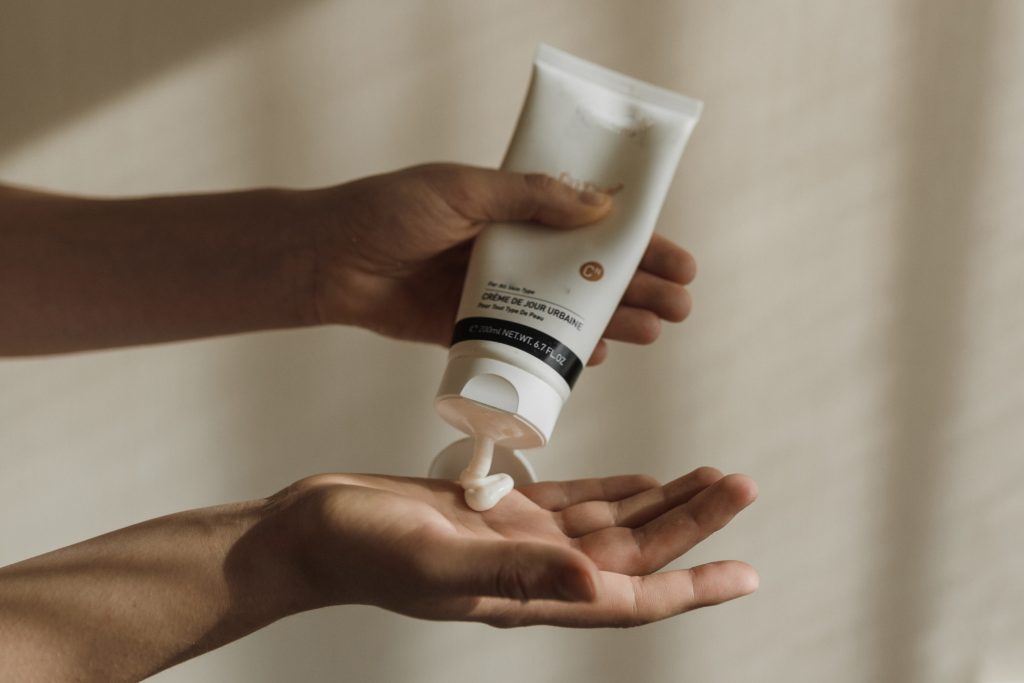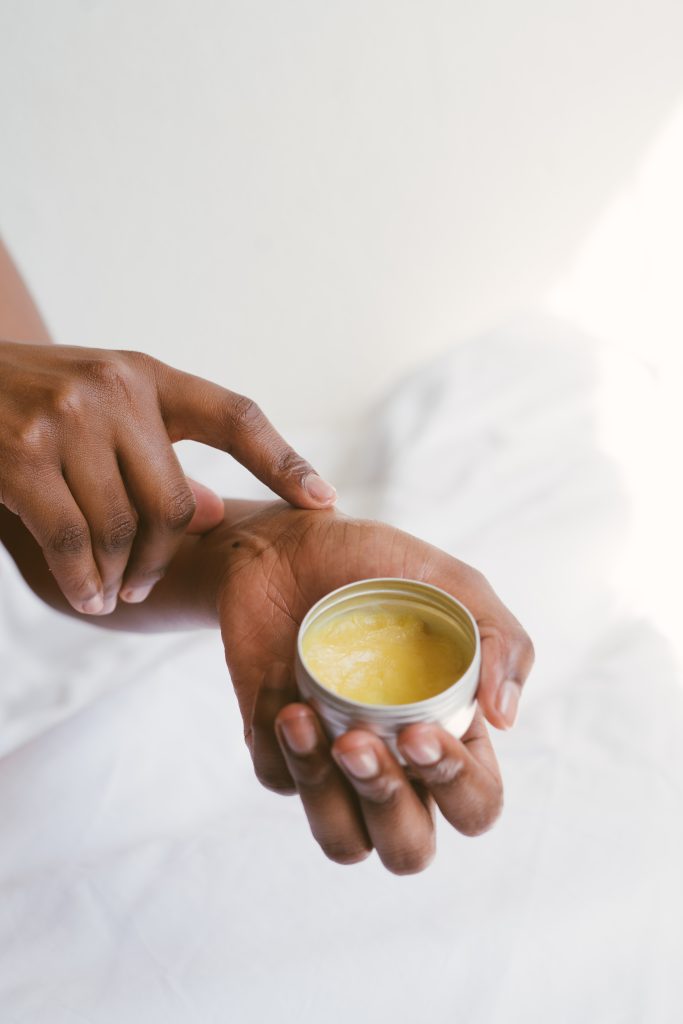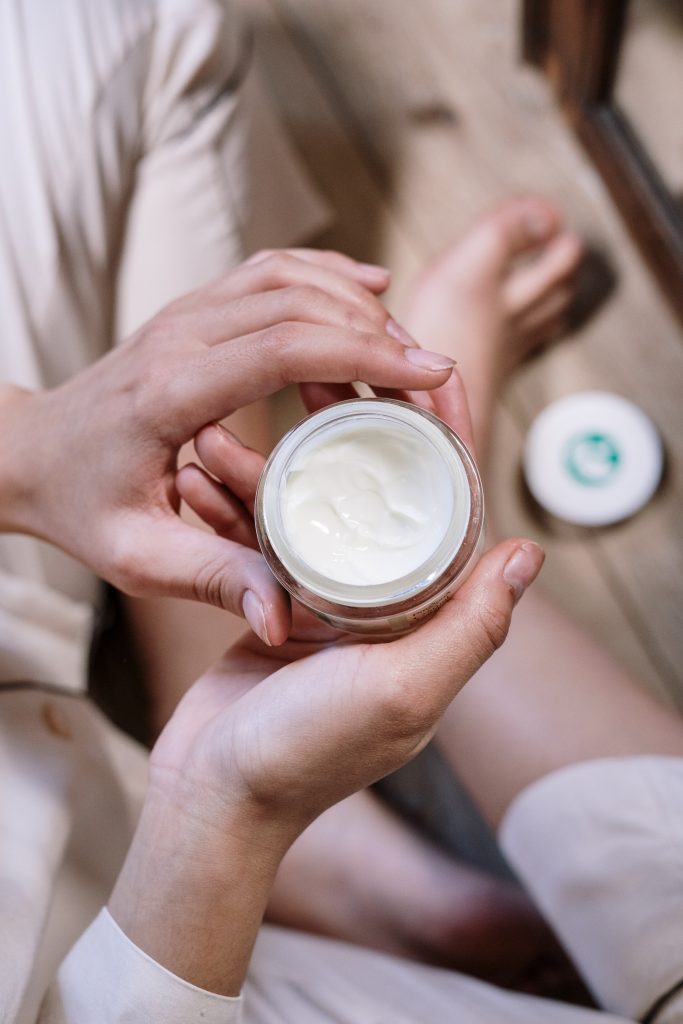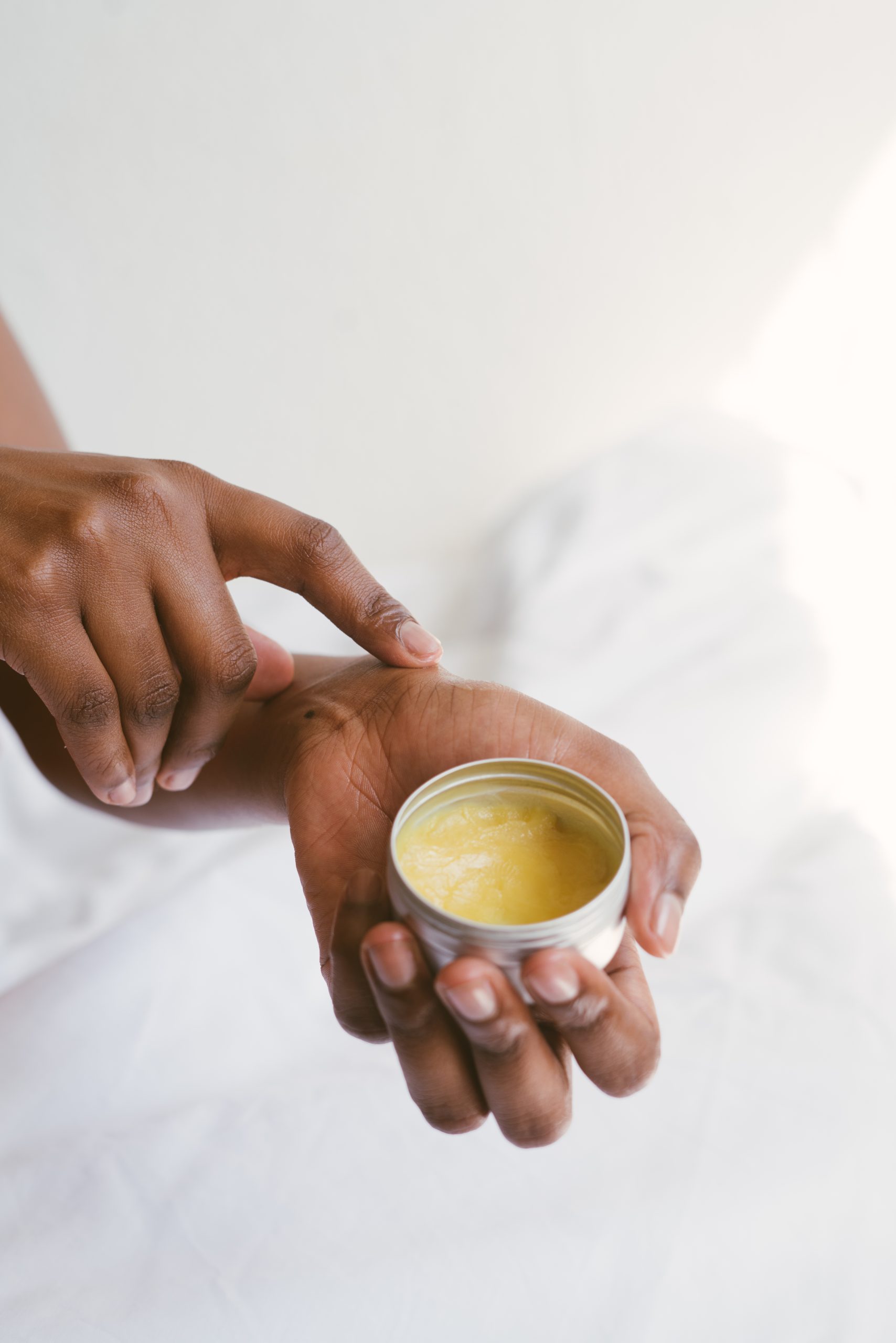Winter can be a beautiful and magical season, but it also brings with it harsh weather conditions that can wreak havoc on your skin. The dry air, biting cold, and constant exposure to indoor heating can leave your skin feeling dehydrated, dull, and sensitive. But fear not, there are simple steps you can take to protect your skin and keep it healthy and glowing all winter long. From adjusting your skincare routine to incorporating hydrating ingredients, this article will guide you on how to pamper and shield your skin from the brutal winter elements. So, bid farewell to flaky and irritated skin and say hello to a radiant, happy complexion! As the winter season approaches, it’s important to take extra care of your skin. Harsh winter conditions can cause dryness, irritation, and even damage to your skin. But don’t worry, we’ve got you covered! With a few simple steps, you can keep your skin healthy, moisturized, and protected throughout the winter months.

Moisturize regularly
The key to combating dry winter skin is to moisturize regularly. But not just any moisturizer will do the trick. During the colder months, it’s important to choose a heavier moisturizer that provides extra hydration. Look for moisturizers that contain ingredients like hyaluronic acid, glycerin, or ceramides, as these help to lock in moisture and keep your skin hydrated.
To maximize the effectiveness of your moisturizer, it’s best to apply it immediately after showering. This is because the warm water from your shower opens up your pores and helps your skin to better absorb the moisturizer. So after you towel off, be sure to slather on your moisturizer to keep your skin feeling soft and supple all day long.
If you find that the air in your home is particularly dry during winter, consider using a humidifier. Humidifiers add moisture to the air, which can help to prevent your skin from drying out. Place a humidifier in your bedroom or any other room where you spend a significant amount of time to ensure that the air remains adequately moisturized.
Protective clothing
When it comes to protecting your skin from harsh winter conditions, your clothing choices play a significant role. The first step is to wear layers of clothing to trap heat and keep your body warm. Multiple layers act as insulation and help to maintain your body temperature, preventing your skin from being exposed to the cold air.
In addition to layering your clothing, don’t forget to cover your face and extremities. These areas are often the most vulnerable to the harsh winter elements. Wear a scarf to protect your face, earmuffs or a beanie to keep your ears warm, and gloves or mittens to shield your hands from the cold.
While you’re bundling up, it’s essential not to forget about your lips. Your lips are very delicate and can easily become dry and cracked during winter. Invest in a good lip balm with SPF to protect your lips from both the cold winds and the harmful UV rays. Apply lip balm throughout the day to keep your lips moisturized and protected.
Avoid hot showers
Although it may be tempting to take a hot, steamy shower to warm up during winter, it’s actually best to avoid hot water for the sake of your skin. Hot water can strip away the natural oils on your skin, leaving it dry and irritated. Instead, opt for lukewarm water when showering to prevent further dryness.
In addition to using lukewarm water, it’s also important to limit your shower time. Prolonged exposure to water can further dehydrate your skin. Keep your showers short and sweet, and try to resist the temptation to stay under the warm water for too long.
After showering, be gentle when drying off your skin. Instead of vigorously rubbing your skin with a towel, pat yourself dry. This helps to retain some of the moisture on your skin and prevents unnecessary friction that can lead to irritation.
Use sunscreen
Many people associate sunscreen with summer and beach vacations, but the truth is, sunscreen is essential year-round, even during the winter. The sun’s harmful UV rays can still cause damage to your skin, even on cloudy days or when there’s snow on the ground. So don’t forget to apply sunscreen on any exposed skin before heading outside.
Choose a broad-spectrum sunscreen with an SPF of 30 or higher to ensure that you’re adequately protected. Apply it generously and evenly on your face, neck, and any other exposed areas. Remember to reapply sunscreen throughout the day, especially if you’re spending extended periods of time outdoors.

Stay hydrated
Keeping yourself hydrated is not only important for your overall health but also for the health of your skin. During winter, it’s easy to forget to drink enough water since you may not feel as thirsty as you do in warmer months. However, staying hydrated is crucial for maintaining healthy, moisturized skin.
Make a conscious effort to drink plenty of water throughout the day. Aim for at least eight glasses of water, and if you’re physically active or spend a lot of time in heated environments, you may need to drink even more. Hydration doesn’t just come from water alone – consuming hydrating foods like fruits and vegetables can also contribute to keeping your skin hydrated.
While it’s important to drink enough water, it’s equally important to limit your consumption of alcohol and caffeine. Both alcohol and caffeine can dehydrate your body and subsequently your skin. If you do indulge in a glass of wine or a cup of coffee, be sure to drink extra water to counteract the dehydrating effects.
Choose gentle products
When it comes to your skincare routine, it’s essential to choose gentle products that won’t strip your skin of its natural moisture. Opt for mild cleansers that are specifically formulated for sensitive or dry skin. Harsh cleansers can further dry out your skin and leave it feeling tight and uncomfortable.
In addition to avoiding harsh cleansers, be mindful of the ingredients in the products you use. Certain ingredients like alcohol, fragrances, and sulfates can be irritating and drying to your skin. Look for products that are labeled as fragrance-free or hypoallergenic, as these are less likely to cause irritation.

Protect your hands
Your hands are one of the most exposed parts of your body during winter. They come into contact with cold air, wind, and dry indoor heat, which can all contribute to dry and cracked skin. To protect your hands, wear gloves whenever you venture outside, especially if it’s particularly cold or windy.
In addition to wearing gloves, it’s important to use hand cream regularly. Apply hand cream after washing your hands and throughout the day to replenish moisture and keep your hands soft and supple. Look for hand creams that contain ingredients like shea butter or glycerin, as these provide intense hydration.
While it may be tempting to warm up your hands with hot water, this can actually worsen dryness and irritation. Avoid using hot water when washing your hands and opt for lukewarm water instead. Lukewarm water effectively cleanses your hands without stripping away the natural oils that keep them moisturized.
Limit exfoliation
Exfoliating your skin can help to remove dead cells and reveal smoother, more radiant skin. However, during winter, it’s best to limit the frequency of exfoliation. Exfoliating too often can strip away the natural oils on your skin and further exacerbate dryness.
Reduce the frequency of exfoliation to once or twice a week, depending on your skin’s sensitivity. Choose a gentle exfoliator that won’t be too abrasive on your skin. Look for products with fine particles or chemical exfoliants like alpha-hydroxy acids (AHAs) or beta-hydroxy acids (BHAs) that effectively remove dead skin cells without being too harsh.
After exfoliating, be sure to moisturize your skin to replenish moisture that may have been lost during the exfoliation process. Applying a hydrating moisturizer can help to seal in moisture and keep your skin nourished and protected.

Treat your skin overnight
While you’re catching some well-deserved rest, why not give your skin a little extra TLC? Overnight treatments can be highly effective in rejuvenating your skin and providing much-needed moisture. One way to treat your skin overnight is by applying a moisturizing mask before bed.
Look for a mask that is specifically designed to be left on overnight. These masks often contain ingredients like hyaluronic acid or natural oils that deeply hydrate your skin while you sleep. Apply the mask after cleansing your face, and leave it on overnight to wake up with beautifully moisturized and refreshed skin.
Using a humidifier in your bedroom can also work wonders for your skin while you sleep. The added moisture in the air can prevent your skin from drying out and help to maintain its natural hydration levels. Place a humidifier near your bedside to ensure that you reap the benefits of overnight hydration.
While you’re focusing on overnight treatments, don’t forget about your feet. During winter, your feet can become dry and cracked, so it’s important to give them some extra attention. Before bed, apply a thick moisturizer or foot cream on your feet and cover them with a pair of cotton socks. This helps to lock in moisture and soften rough skin while you sleep.
Consult a dermatologist
If you’re experiencing severe skin conditions or if you have specific concerns about your skin during winter, it’s always a good idea to consult a dermatologist. A dermatologist can provide professional advice tailored to your skin’s needs and help address any skin issues you may be facing.
Whether it’s persistent dryness, eczema flare-ups, or other winter-specific skin conditions, a dermatologist can recommend the best course of action. They may suggest additional products, prescribe medication, or offer other treatments to alleviate your symptoms and keep your skin healthy.
Don’t hesitate to ask your dermatologist about winter-specific skincare recommendations. They may be able to provide valuable insights and recommend products or adjustments to your skincare routine that can make a significant difference in how your skin looks and feels during the colder months.
In conclusion, protecting your skin from harsh winter conditions is essential for maintaining healthy, moisturized skin. By following these simple steps – moisturizing regularly, wearing protective clothing, avoiding hot showers, using sunscreen, staying hydrated, choosing gentle products, protecting your hands, limiting exfoliation, treating your skin overnight, and consulting a dermatologist – you can keep your skin happy, healthy, and glowing all winter long.






